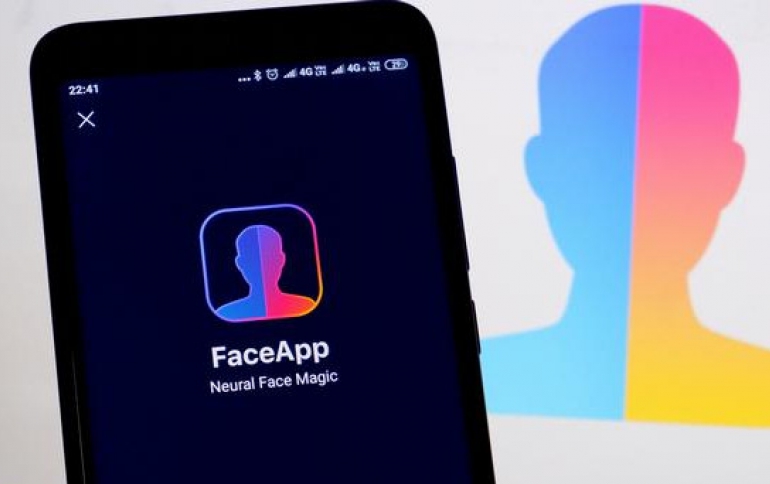
Fast Cloud Data Processing and FaceApp Worries
Once again, consumers made an app rival within hours and at the same time, they kept complaining about their privacy.
Internet connected users have become the products themselves as their online presence creates traces and attractive online profiles to advertisers. Provided that the online community is willingly uploading huge amounts of personal information to social media, advertisers are offered with precious and relevant information about everybody.
But the successful and very smart FaceApp application is not directly linked to advertising, it's about users' facial data. The app uploads your photo to the cloud and returns it to the user after being processed, showing how she/he will look in the future. So users choose to upload their faceshot to an unknown server. The app doesn’t upload photo libraries, only the image users put forward, mostly to servers in the United States, and most are deleted after 48 hours, according to the developers of the app. Even so, the terms and conditions mean that FaceApp’s terms of service gains a license over the images for ever.
Using the app allows “a perpetual, irrevocable, nonexclusive, royalty-free, worldwide, fully-paid, transferable sub-licensable license to use, reproduce, modify, adapt, publish, translate, create derivative works from, distribute, publicly perform and display your User Content and any name, username or likeness provided in connection with your User Content in all media formats and channels now known or later developed, without compensation to you”. In addition you're allowing it to allow ad-related tracking and use of user content for commercial advertising purposes.
Sounds troubling? Well, what might be coming in the future could be much more worrying.
The expansion of the ultra-fast 5G mobile communications standard will allow apps to exchange information with the cloud fast enough to make on-device processing obsolete. In case of FaceApp, even the most powerful smartphones available now aren’t capable of the computing power needed for the sophisticated manipulation of images. Or the phone makers won’t give them enough power to make these effects happen on-device.
So, FaceApp and others upload your image data to the cloud, to make use of the company’s super-powerful remote servers, and then download them back to your phone quickly after. Not only will 5G phones be able to do this faster, it makes the phone’s processor less important.
As 5G modems find their way into much more affordable handsets in the coming months and years, apps that are way more capable than FaceApp will be able to deliver advanced effects in nothing flat. The goal is to process all the heavy lifting at the server.
Much more sophisticated things will be done thanks to the fast connection. The downside is that we may have to sign more of those terms of license that FaceApp has, and agree to our valuable private data being swept into the cloud.





















